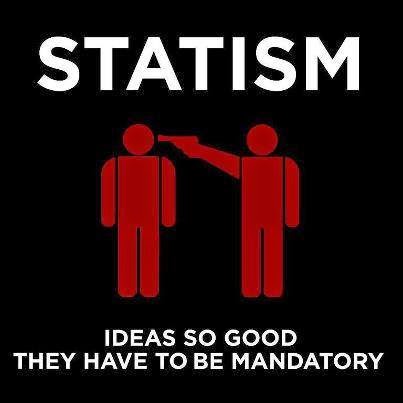In the world’s collective consciousness, the word “Nazi” is synonymous with evil. It is widely understood that the Nazis’ ideology—nationalism, anti-Semitism, the autarkic ethnic state, the Führer principle—led directly to the furnaces of Auschwitz. It is not nearly as well understood that Communism led just as inexorably, everywhere on the globe where it was applied, to starvation, torture, and slave-labor camps. Nor is it widely acknowledged that Communism was responsible for the deaths of some 150 million human beings during the twentieth century. The world remains inexplicably indifferent and uncurious about the deadliest ideology in history.
This is very interesting to those of us who were old enough to take notice:
...the documents cast Gorbachev in a far darker light than the one in which he is generally regarded. In one document, he laughs with the Politburo about the USSR’s downing of Korean Airlines flight 007 in 1983—a crime that was not only monstrous but brought the world very near to nuclear Armageddon. These minutes from a Politburo meeting on October 4, 1989, are similarly disturbing:
Lukyanov reports that the real number of casualties on Tiananmen Square was 3,000.
Gorbachev: We must be realists. They, like us, have to defend themselves. Three thousands . . . So what?
And this is so typical, but, still heartbreaking:
And what of Zagladin’s description of his dealings with our own current vice president in 1979?Unofficially, [Senator Joseph] Biden and [Senator Richard] Lugar said that, in the end of the day, they were not so much concerned with having a problem of this or that citizen solved as with showing to the American public that they do care for “human rights.” . . . In other words, the collocutors directly admitted that what is happening is a kind of a show, that they absolutely do not care for the fate of most so-called dissidents.
Remarkably, the world has shown little interest in the unread Soviet archives. That paragraph about Biden is a good example. Stroilov and Bukovsky coauthored a piece about it for the online magazine FrontPage on October 10, 2008; it passed without remark. Americans considered the episode so uninteresting that even Biden’s political opponents didn’t try to turn it into political capital. Imagine, if you can, what it must feel like to have spent the prime of your life in a Soviet psychiatric hospital, to know that Joe Biden is now vice president of the United States, and to know that no one gives a damn.
Why doesn’t anyone care about the unread Soviet archives?





























No comments:
Post a Comment